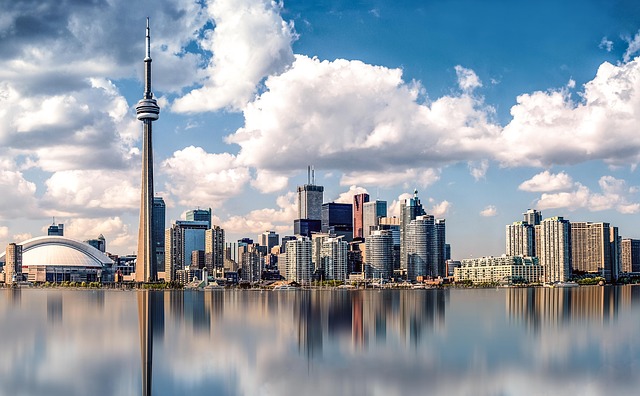As your business grows, you may be looking to expand internationally. Canada is a suitable country to set up a business, whether that be a new restaurant, hotel, or small home-based company. Become familiar with some of the laws and cultural ways of doing things before setting foot there.
Even though they’re close to the USA, Canadians often do things a little differently. Do not assume that the same laws and cultural practices will apply just because they are neighbors.
As a first-time visitor to any country, you need to know the best ways to travel safely. Otherwise, you might land yourself in more than one trouble.
Therefore, before you plan your visit, here are five things to keep in mind as a first-time tourist in Canada.
1. You will need to have the right travel documents
You will need a visa or an Electronic Travel Authorization, ETA to enter Canada, depending on the country you are coming from or the passport you hold. ETA is necessary for all visa-free nationals, except the USA as of November 2016. Of course, you will need a valid passport too.
Countries that do not require a visa to enter Canada are the USA, Great Britain, Italy, Japan, Australia, and Switzerland among others. You can always check for updates or inquire with the Canadian government before you make a plan for your trip.
Getting an ETA is easy as it is just an online process, which takes minutes to complete.
2. Emergency information
Traveling to a foreign land can be tricky, so you need to know the basics like what to do or who to call in an emergency situation.
In Canada, the emergency number to contact if you need medical service, the police or firefighters is 911. Dialing this number is free from any phone. Do not misuse it and only dial it when in an actual emergency. Read tips on staying safe in Canada to avoid having to make the call.
3. Be familiar with the Canadian currency
Canada uses the Canadian dollar, CAD, C$ as its official money, so be on the knowhow before you make travel arrangements. Their banks notes are often in the denominations of $5, $10, $20, $50 and $100. There are also coins in $1 known as a loonie and $2 called the toonie.
Take note that you will need to make a currency exchange. Before you decide on visiting one of its cities be it Toronto, Ottawa or Winnipeg, read about the various currency exchange services Winnipeg offers, or whichever city that has good deals for exchanging currency.
4. The legal drinking age
Canada has a legal drinking age of 18 or 19, depending on the province. Take note that it has 10 provinces and 3 territories. Each province usually sets its own legal drinking age, with Manitoba, Quebec and Alberta setting it at 18. For the rest of the country, it is 19.
In addition, this minimum legal drinking age also applies to entering nightclubs in any of its provinces.
You will need official documents like a passport to drink or buy alcohol at liquor or beer stores, or even at the restaurant or bar in any province in Canada.
5. Keep in mind that you will have to tip in Canada
Canada has different tipping standards for services offered. Although it is not compulsory to tip, if you want to tip, a range of 15-20% of the total cost of the service is probable for many services you use a traveler in Canada. This can include services from waiters and hairdressers. There are also different tipping standards for hotel employees, bartenders and cab drivers.
If you are unsure of how much you should tip, just consult and do as required.
Conclusion
In conclusion, there are loads of things to keep in mind when traveling to a foreign country like Canada. Do not assume anything, even if you are from the neighboring USA. Do your research and have some basics at your fingertips; write down information. Memorizing will not work if you are looking to relax and have a nice time.
Find a Home-Based Business to Start-Up >>> Hundreds of Business Listings.

















































